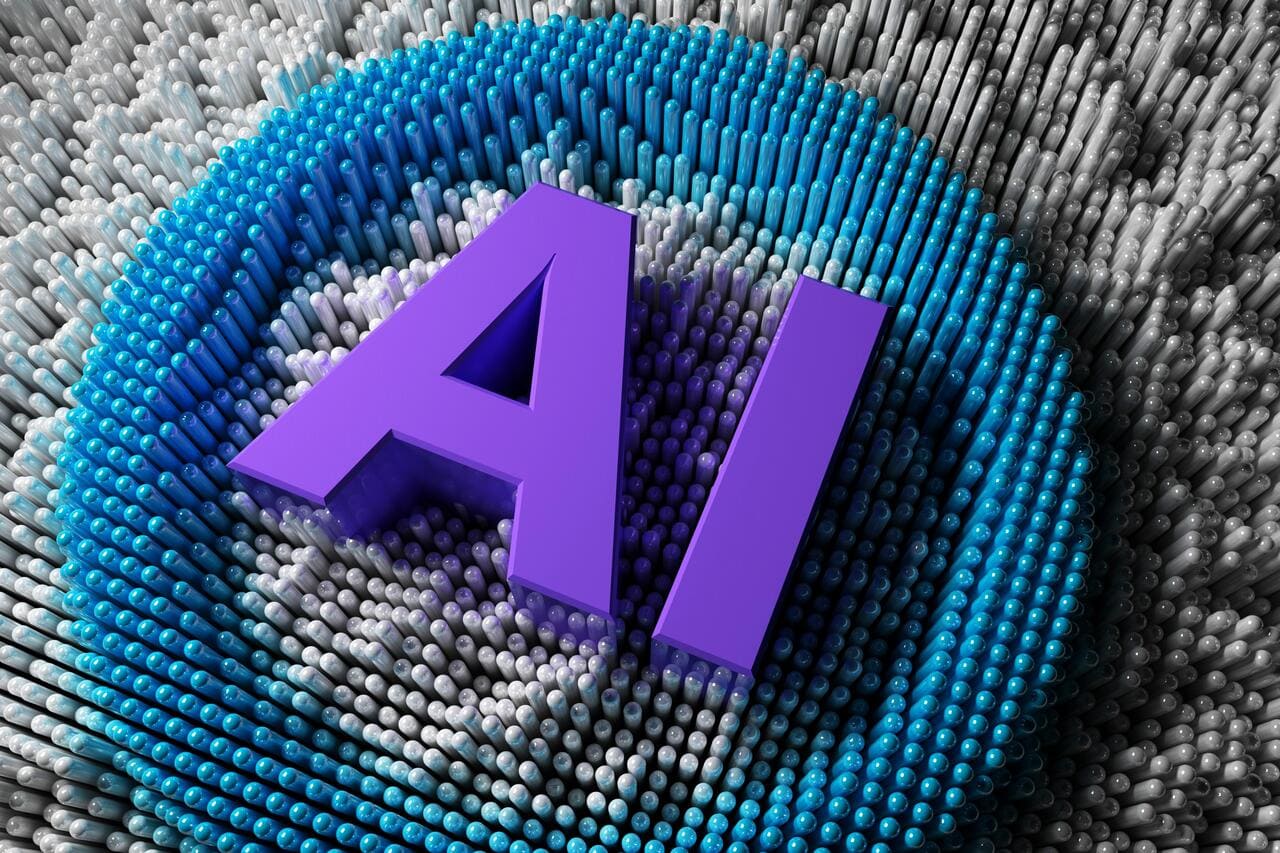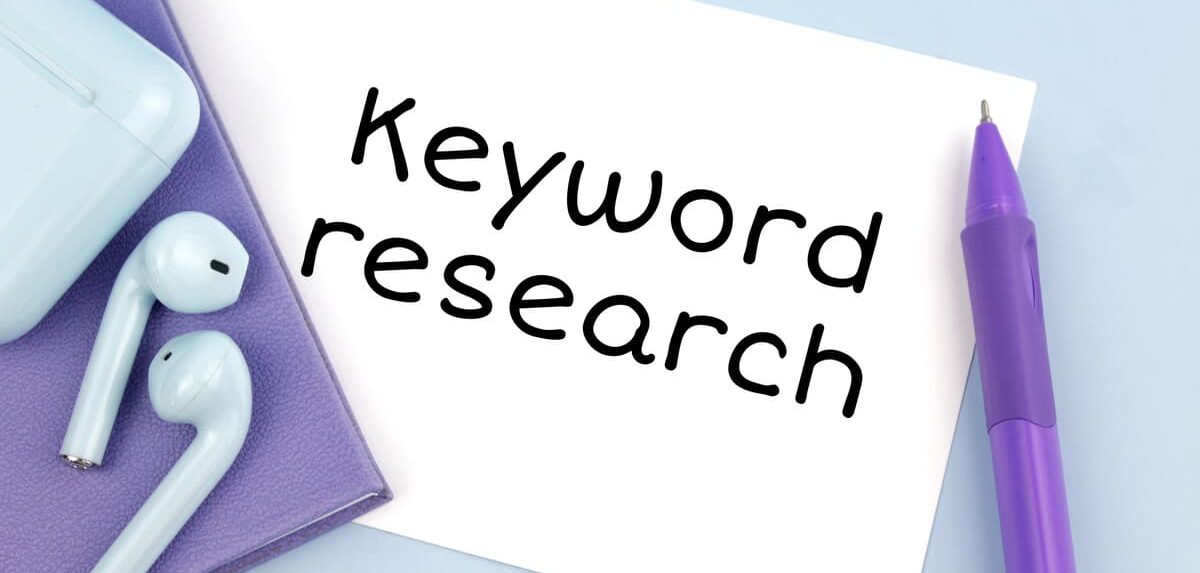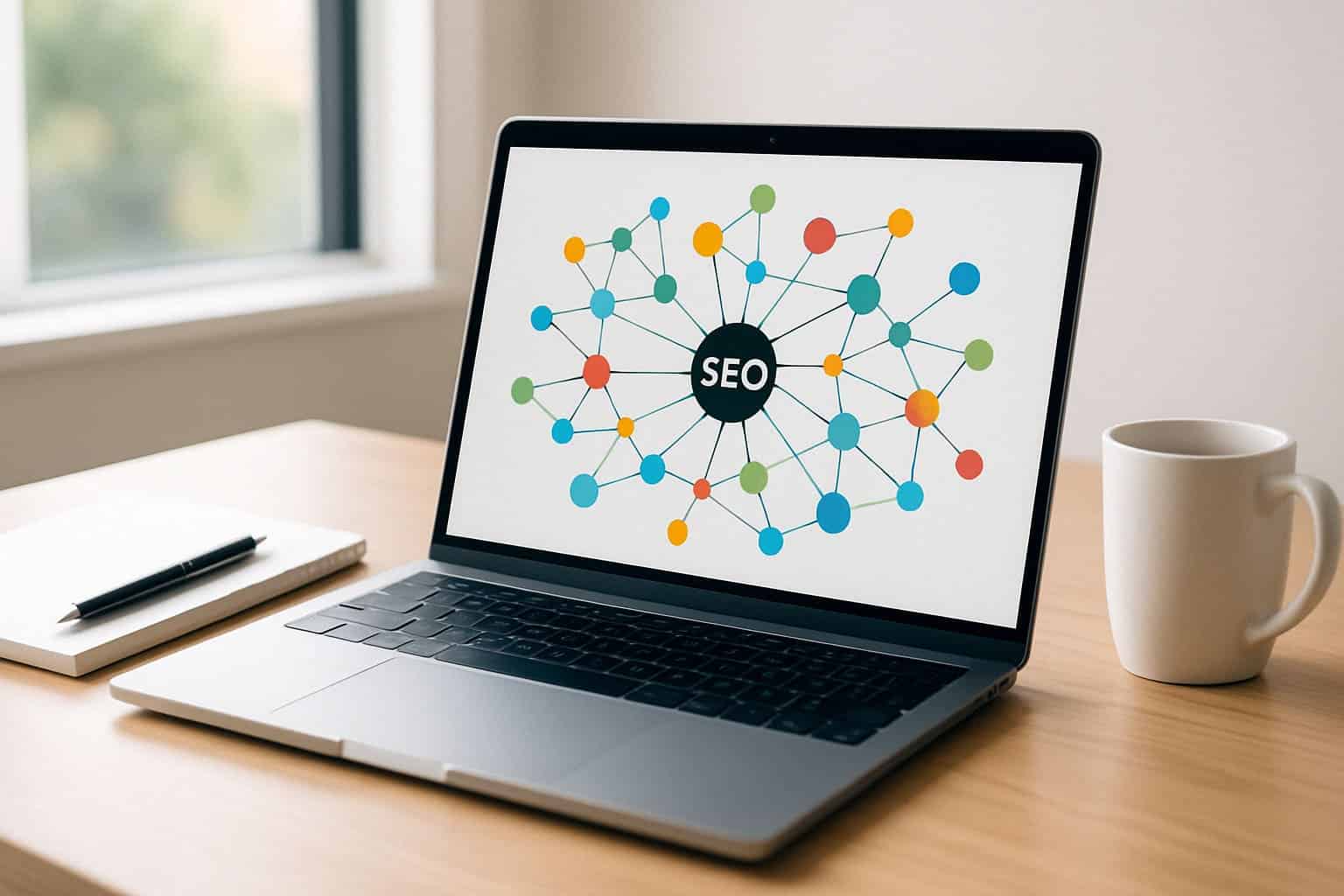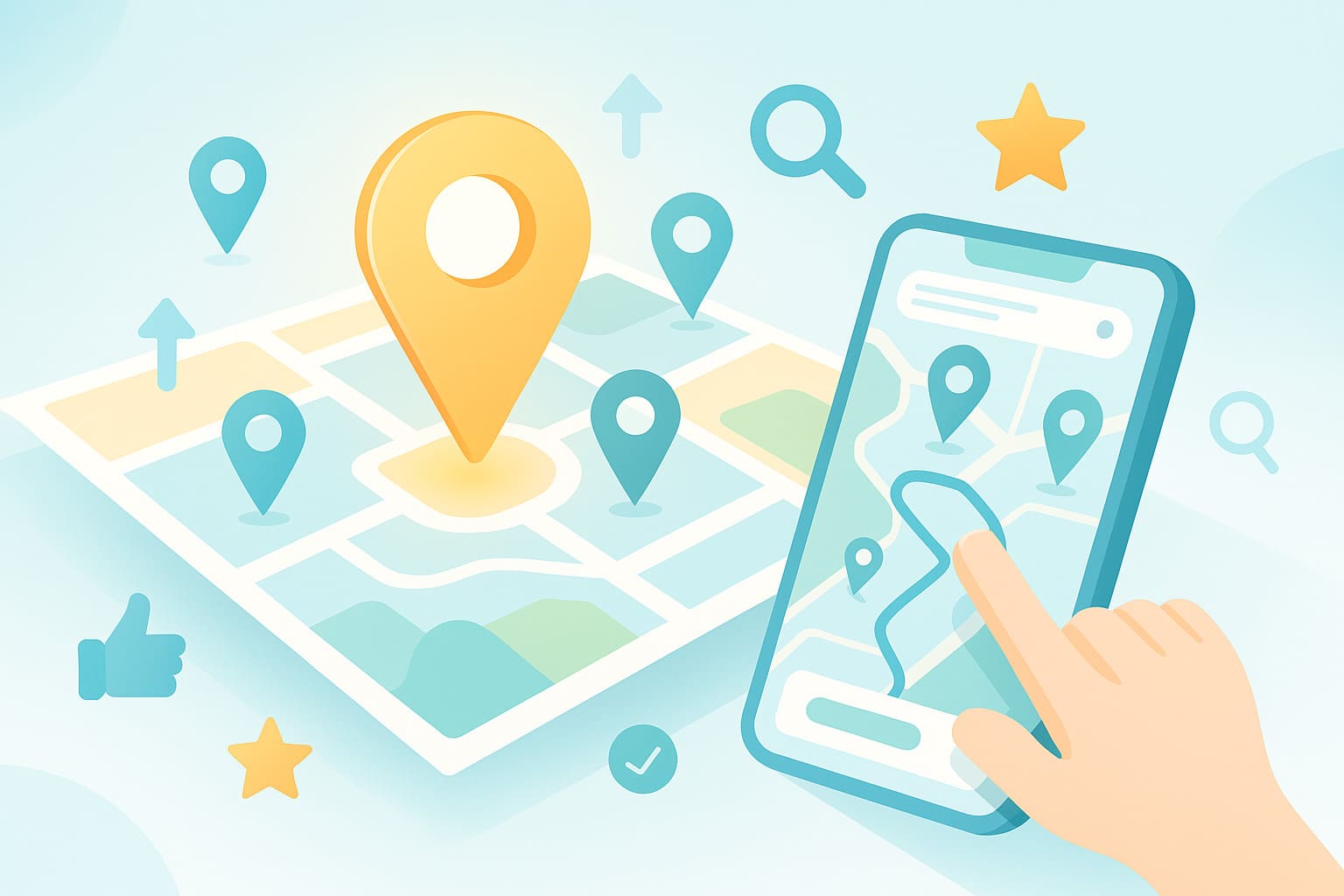In the digital age, search engine optimization (SEO) and artificial intelligence (AI) are two of the most powerful tools for improving website searchability and visibility. As AI and Machine Learning technologies continue to evolve, the way we search for information online is changing. In this blog post, we will discuss how AI and Machine Learning will impact search engine optimization in 2023 and beyond.
AI-powered search algorithms are able to provide more accurate and relevant search results, while Machine Learning can be used to improve the user experience by providing personalized search results. As a result, businesses now have a better understanding of their customers’ needs and can use this data to optimize their websites for better visibility and searchability.
What is AI in SEO?
AI, or artificial intelligence, is already a part of our everyday lives. Using AI for SEO offers the potential for increased productivity and efficiency, as well as increased expertise, authority, and relevance of content.
An AI search engine optimization technique improves a website’s organic performance by using artificial intelligence.
There are many AI SEO tools that can analyze a website’s content and use machine learning algorithms. These tools can identify which keywords drive organic search traffic.
They can also analyze a website’s structure and layout to identify areas that could be improved. They can also suggest changes that could boost website organic performance.

AI SEO in 2023: Where are we?
As we approach 2023, the role of Artificial Intelligence (AI) in Search Engine Optimization (SEO) is becoming increasingly significant. A substantial 84% of bloggers leveraging AI and automation find it effective in aligning web content with search intent. Moreover, 80% of them agree that it can significantly enhance user experience, while 74% believe it positively impacts their SERP ranking. Further, an impressive 80% vouch for its effectiveness in boosting SEO.
As AI and ML transform SEO, they are presenting SEO professionals with new challenges and opportunities. As a result, search engines are ranking websites differently and users are searching for information in different ways. Search engine optimization professionals are also changing how they optimize their websites for users and search engines.
The advantages of using AI are many. It assists bloggers in optimizing their website for SEO, enhancing the user experience, and formulating an SEO-centric content strategy. One of the most significant benefits lies in its ability to automate manual tasks, saving considerable time and effort.
What are the Role of AI in SEO?
Artificial intelligence (AI) plays a crucial role in Search Engine Optimization (SEO). It’s like the secret sauce that makes everything better.
Search engine optimization (SEO) uses AI tools to analyze keywords and site performance to determine how to improve your ranking.
Using AI, you will be able to analyze data, find out which pages rank higher than yours, and determine how to increase the visibility of your brand.
For example, Google’s BERT and Rankbrain algorithms are powered by artificial intelligence.
Content Creation
Content creation is an art that involves many personal decisions. For instance, what a writer thinks is relevant to a topic might not align with what readers or users are actually interested in.
Let’s say a writer believes an article is about topic A. However, the search engine might recognize that users are more interested in content that covers Topics A, B, and C. As a result, the content might not perform as well in search results as anticipated.
This is where AI-powered content tools come into play. They help writers create content that is more in line with what users search for. This is done by offering an unbiased view of what the content should include.
AI tools allow digital marketers to approach content creation revolutionaryly. This approach is far more advanced than the traditional method of first identifying popular keywords and then creating content around those keywords.
AI tools analyze what users want and suggest relevant topics to cover. This means that the content created is more likely to meet user needs and rank higher in search results. AI is transforming the way we create content, making it more user-centric and effective.

Keyword Research
AI keyword research, machine learning algorithms and advanced data analytics are used to identify high-potential keywords that will improve a website’s search engine ranking and increase traffic.
AI does more than identify keywords. It also revolutionizes content creation by increasing efficiency and scalability. This means you can produce and publish more high-quality content in less time.
Think of it like having a super-smart assistant who can find the most relevant keywords for your content but also help you use those keywords effectively. This reduces the time it takes to research and publish content online, making your workflow more efficient.
AI takes keyword research and content creation. It allows you to focus more on crafting engaging content, while we take care of technical SEO aspects. With AI, you’re always one step ahead in SEO.
Content Optimization
Search engines have become incredibly adept at interpreting search queries and webpage content. They can discern what users are trying to find and match it with the most relevant webpages.
Artificial intelligence tools play a key role in this process. They can scrutinize the performance of content across various channels and platforms, determining which pieces of content are successful and which ones fall short.
Most AI content optimization software can offer even more assistance. They can help you enhance your content by suggesting suitable topics, keywords, links, and other components that could boost your search rankings.
AI tools act like personal content strategists. They help you understand what your audience is looking for. They guide you in creating content that satisfies those needs, and ensure your content performs well in search engine results. With AI, content optimization becomes a much simpler task.
onPage Optimization
Artificial intelligence (AI) has a substantial impact on multiple facets of on-page optimization. AI-driven SEO tools enable us to refine several on-page elements, including website speed, content optimization, mobile responsiveness, and user engagement and experience.
AI enhances website speed. It can analyze webpages and provide insights for improving load times, which enhances user experience but also boosts search engine rankings.
Mobile responsiveness is another area where AI shines. With the growing prevalence of smartphone searches, having a mobile-responsive website is crucial. AI can help create mobile-friendly versions of your site, enhancing user experience and potentially improving search engine ranking.
AI also plays a pivotal role in enhancing user engagement and experience. By analyzing user behavior on your site, AI can identify areas for improvement and suggest strategies to enhance user interaction. For instance, AI chatbots can engage users, answer queries instantly, and provide personalized user experiences.
In essence, AI aids in website on-page optimization, ensuring it aligns with your business objectives. By leveraging AI, you can significantly improve your website’s performance, attract more relevant traffic, and achieve better results in your digital marketing efforts.

Strategy for SEO
Artificial intelligence (AI) changes SEO execution, enabling changes at massive scale. AI in SEO doesn’t replace human efforts but takes over the most time-consuming tasks. This shift allows SEO professionals to act as directors implementing well-informed actions at an unprecedented scale and speed.
AI can be applied to a wide range of SEO activities, significantly reducing repetitive tasks and increasing productivity. It can automate content analysis, keyword research, data analysis, and even Schema structured data. These tasks, which traditionally require hours of manual work, can be executed swiftly and accurately.
AI-powered SEO platforms can help you scale up your SEO work at the speed the market demands. For instance, AI can optimize interlinking across thousands of webpages, generate SEO-friendly meta descriptions for each page, and suggest improvements to headings on a large scale. All these tasks can be done instantly, allowing you to keep pace with the rapidly changing digital landscape.
AI-assisted SEO automation is revolutionary. It improves efficiency and allows SEO professionals to focus on strategic planning and implementation. With AI handling the heavy lifting, SEOs can create an effective SEO strategy that delivers results.
AI-Powered Search Algorithms
Search engines such as Google base their functioning on intricate algorithms that crawl, index, and rank webpages according to their relevance and authority. The integration of AI-powered algorithms can significantly enhance these processes, rendering search results more precise, personalized, and efficient.
A prime example of AI implementation in search algorithms is Google’s RankBrain. This machine learning-based system is designed to comprehend user intent more effectively and deliver highly relevant results. RankBrain interprets language and context variations, enabling it to handle queries never seen before.
As AI evolves, we can anticipate more search engines incorporating similar technologies. This will result in a more accurate understanding of user queries, leading to improved search results. With AI at the helm, search algorithms can become more intuitive, delivering hyper-personalized user experiences and transforming search engine interaction.
The importance of SEO has increased even more
SEO marketing has been a staple strategy for brands for several years now. However, as we move into 2023, SEO is becoming an even bigger priority. An impressive 90% of companies are sharpening their focus on SEO, driven in large part by AI technology advancements. AI programs enable businesses to do more with less, streamlining processes and reducing infrastructure.
This heightened emphasis on SEO has led to the emergence of a “compound interest” strategy. This approach ensures that high-ranking pages continue to hold their dominance in search engine results not just in the immediate future, but also in the long term.
The fundamental principle behind this strategy is straightforward: if a page already ranks at the top of search engine results, other sites will link to it. Over time, these links establish the page as an authority in its respective niche. As more and more sites link to the page, its authority continues to grow, effectively creating a cycle that allows the page to maintain its high ranking.
In essence, as we navigate through 2023, SEO’s role in marketing strategies is set to become more prominent than ever. With AI, businesses are poised to leverage SEO in creative and innovative ways, driving traffic, building authority, and ultimately, achieving sustained success.
Conclusion
As we’ve explored throughout this article, Artificial Intelligence’s impact on SEO in 2023 is set to be profound and transformative. From enhancing user experience, streamlining keyword research, optimizing content, to revolutionizing voice search optimization and data analysis, AI is poised to redefine the SEO landscape.
The benefits of incorporating AI into your SEO strategy are clear. However, navigating this new frontier can be challenging without the right expertise and tools at your disposal. This is where partnering with an industry-leading provider like IMMWIT comes into play.
Take the first step towards a successful SEO strategy by contacting IMMWIT today. Let’s harness the power of AI together and propel your website to new heights.






